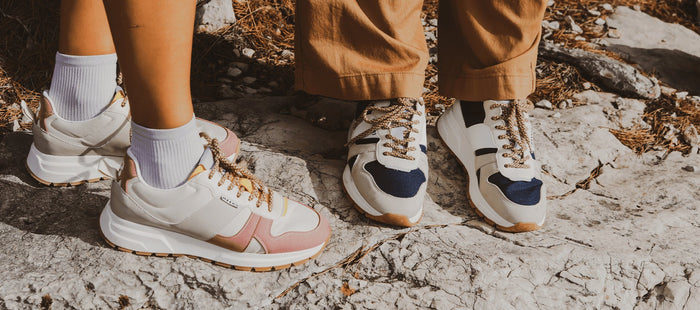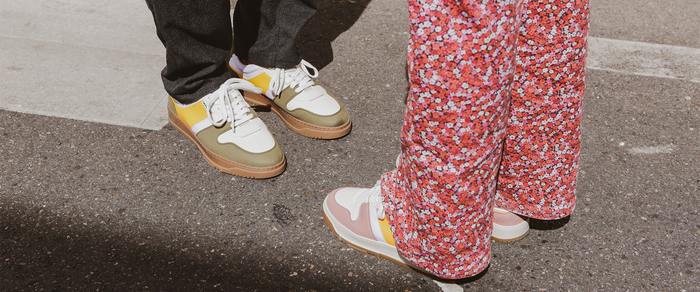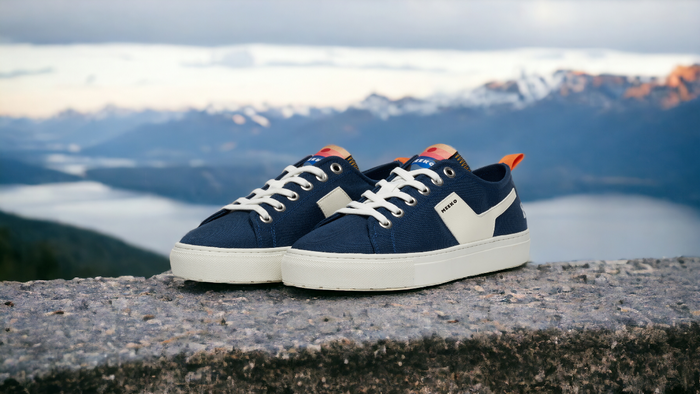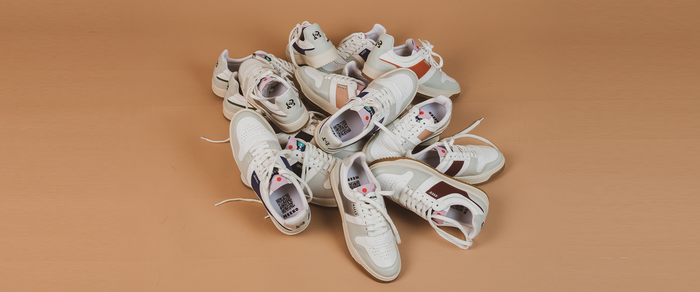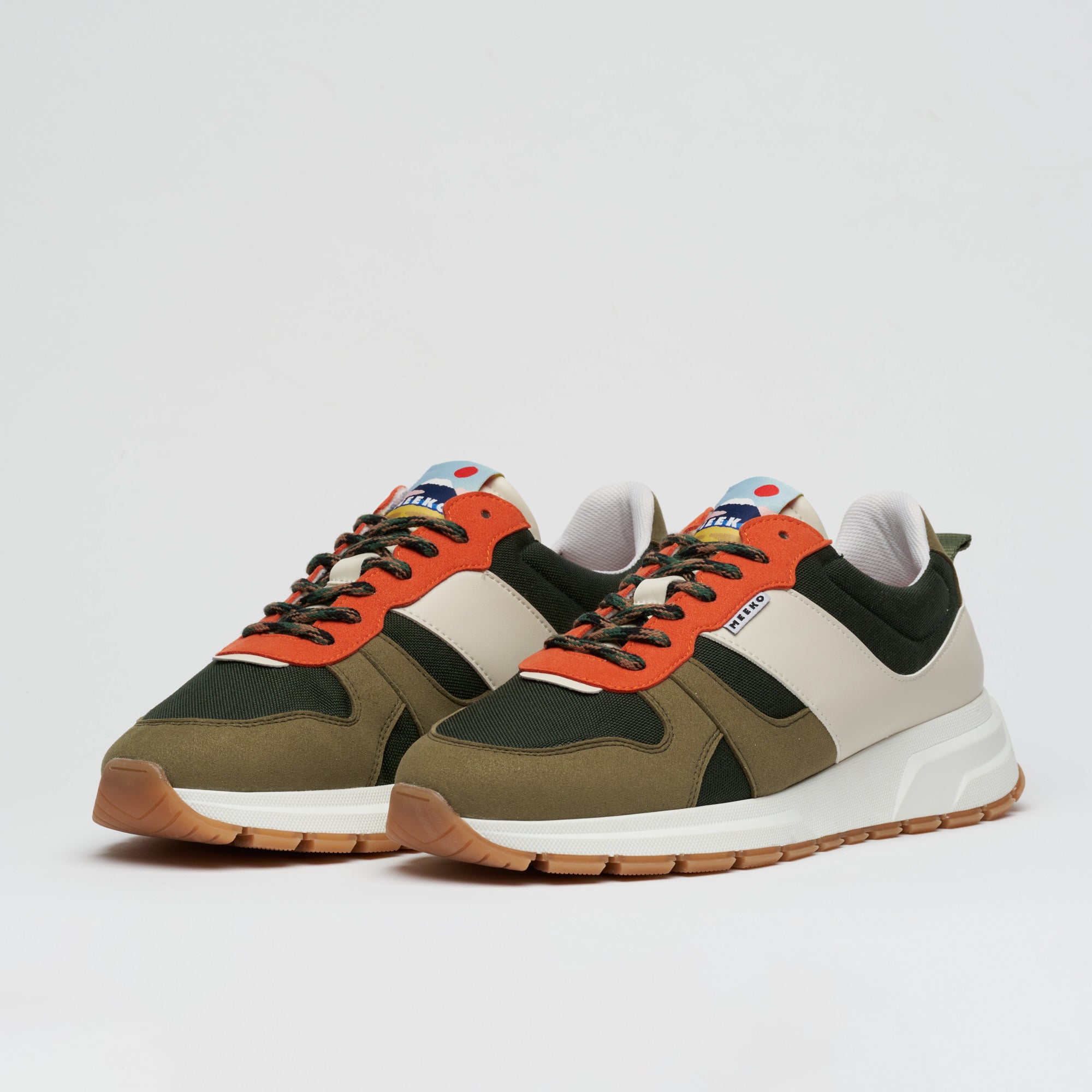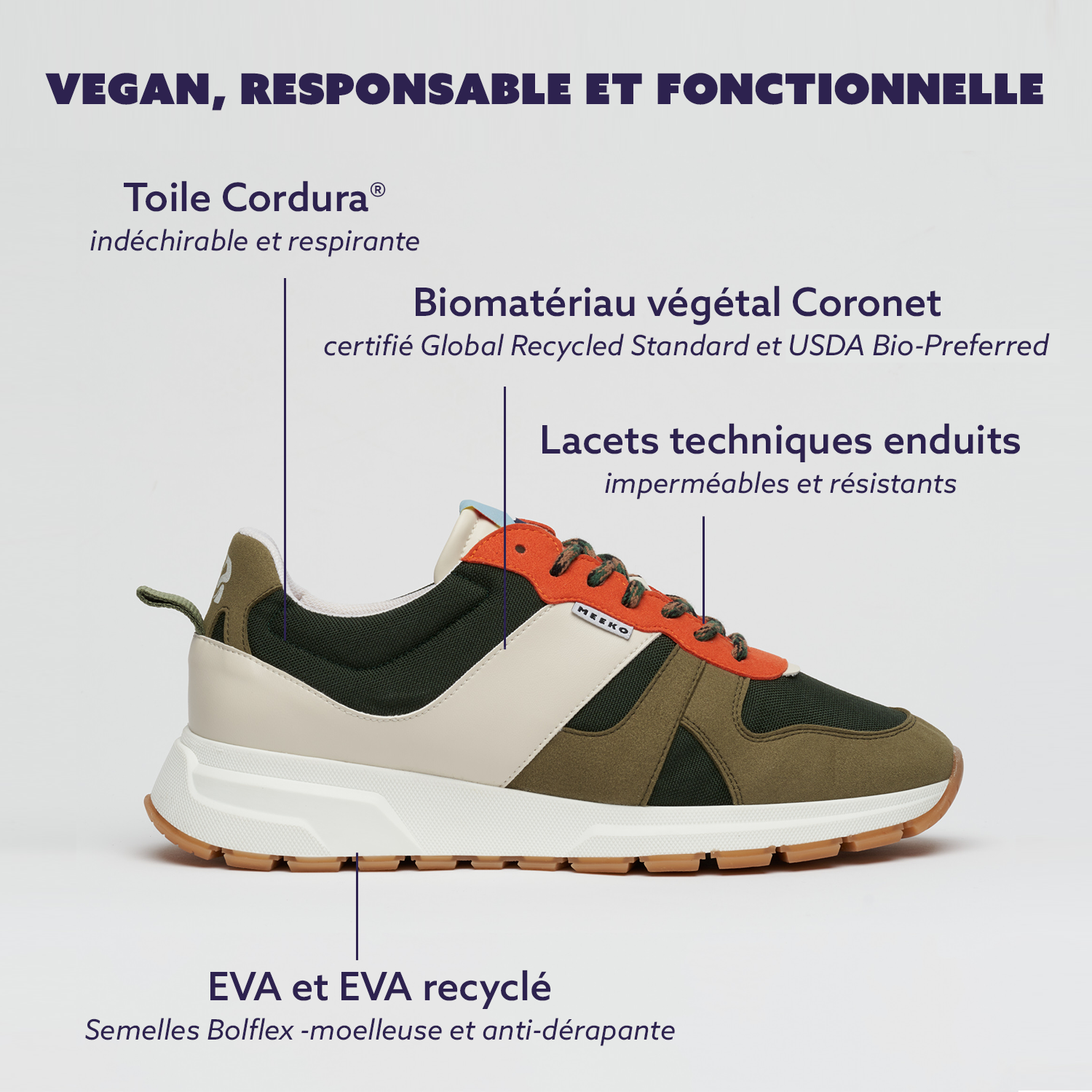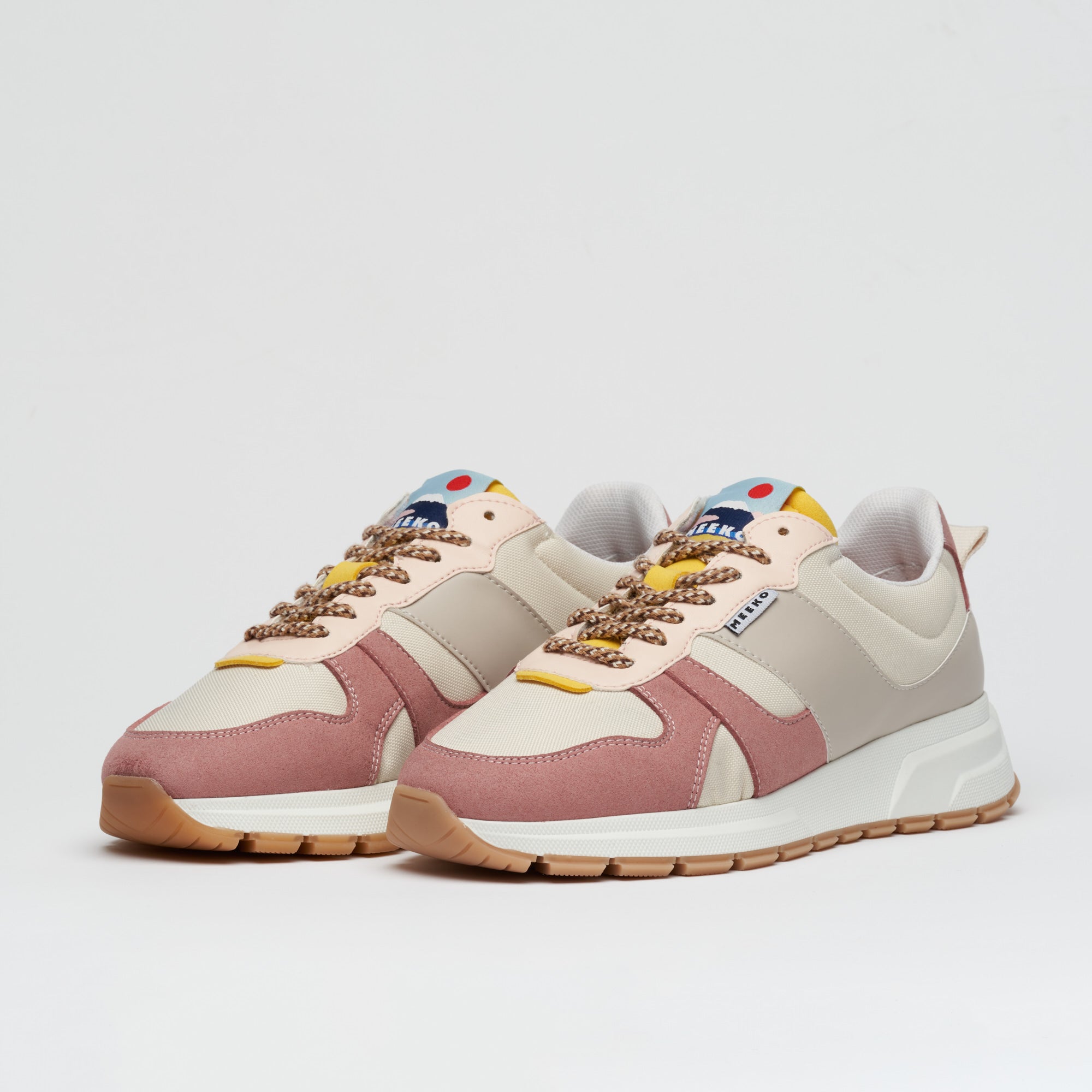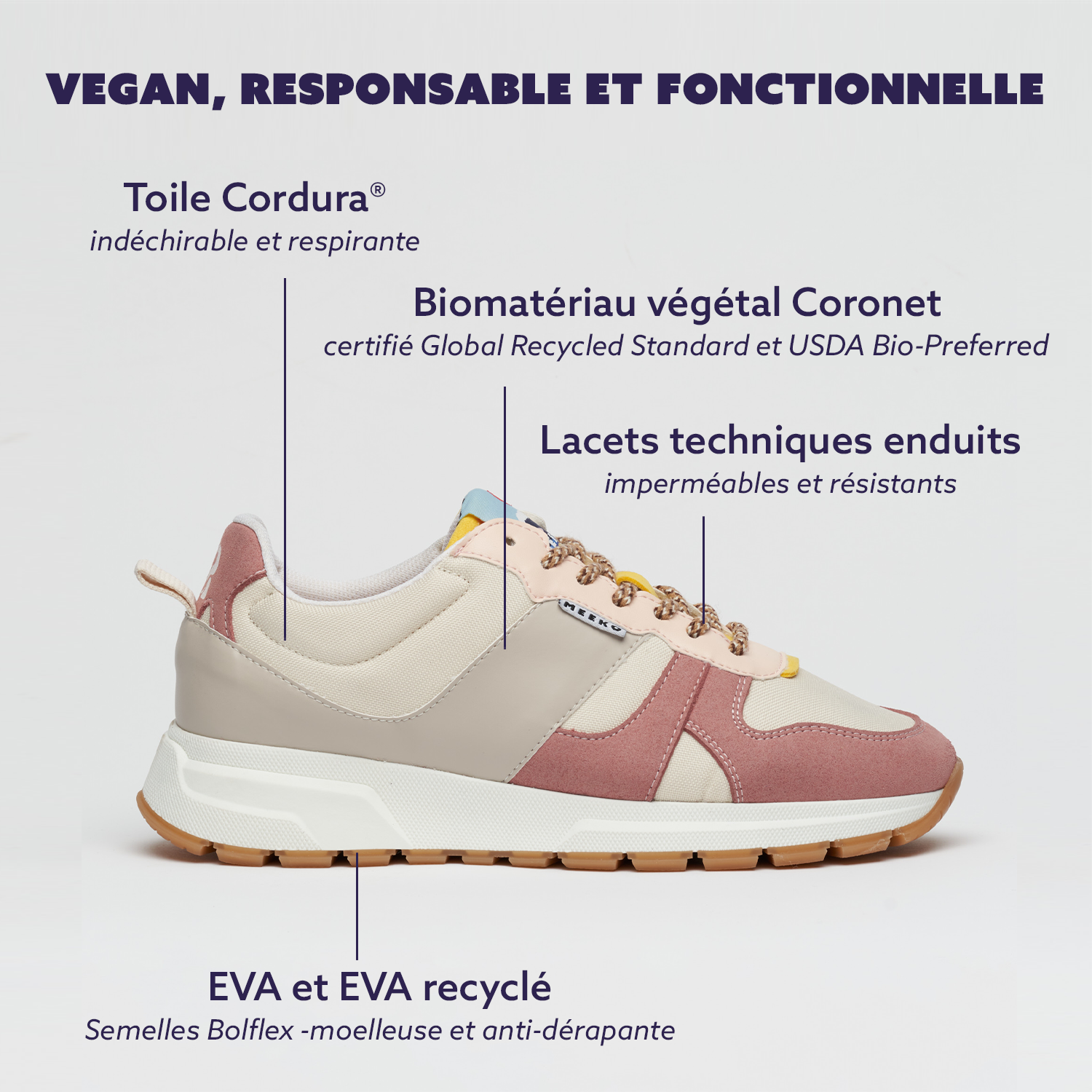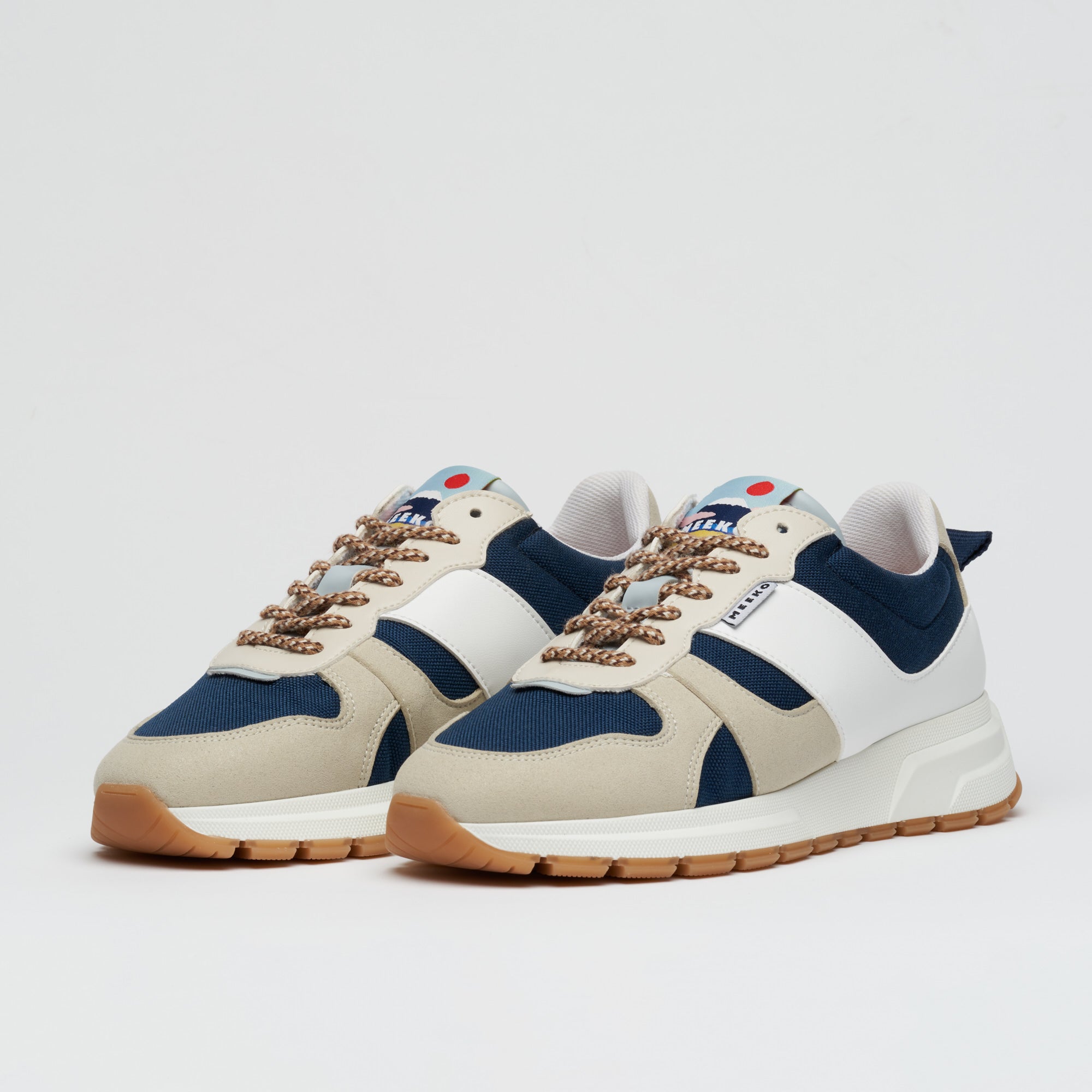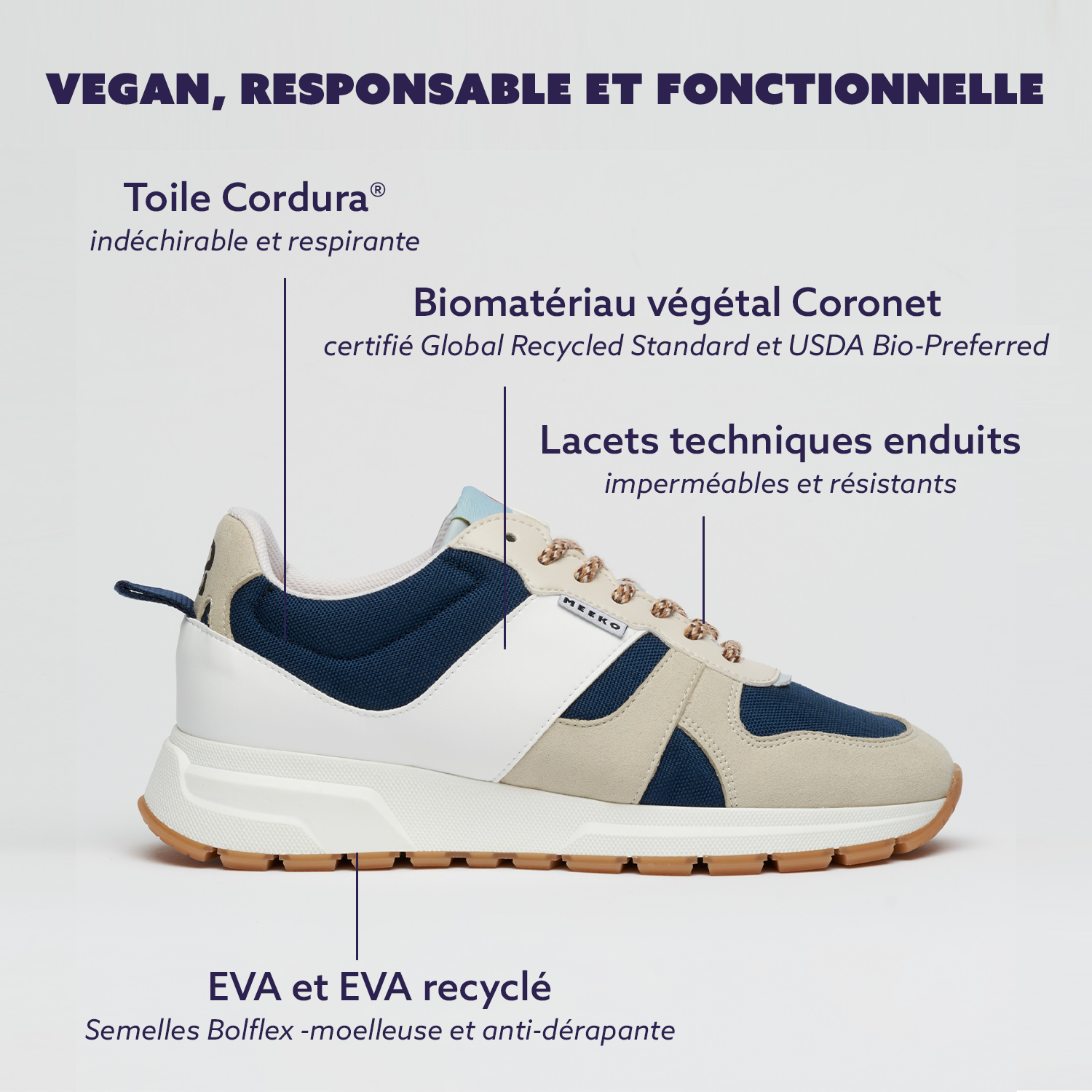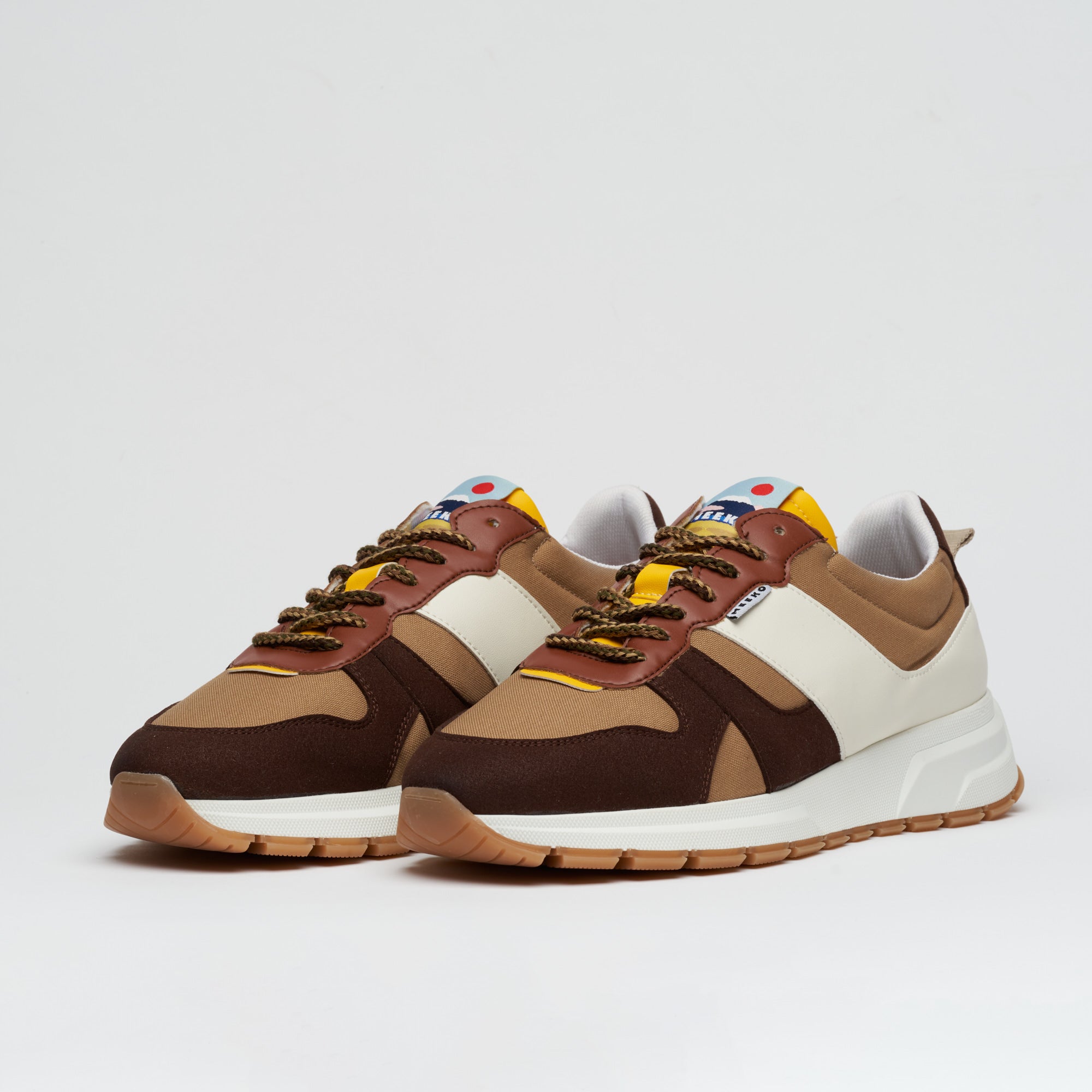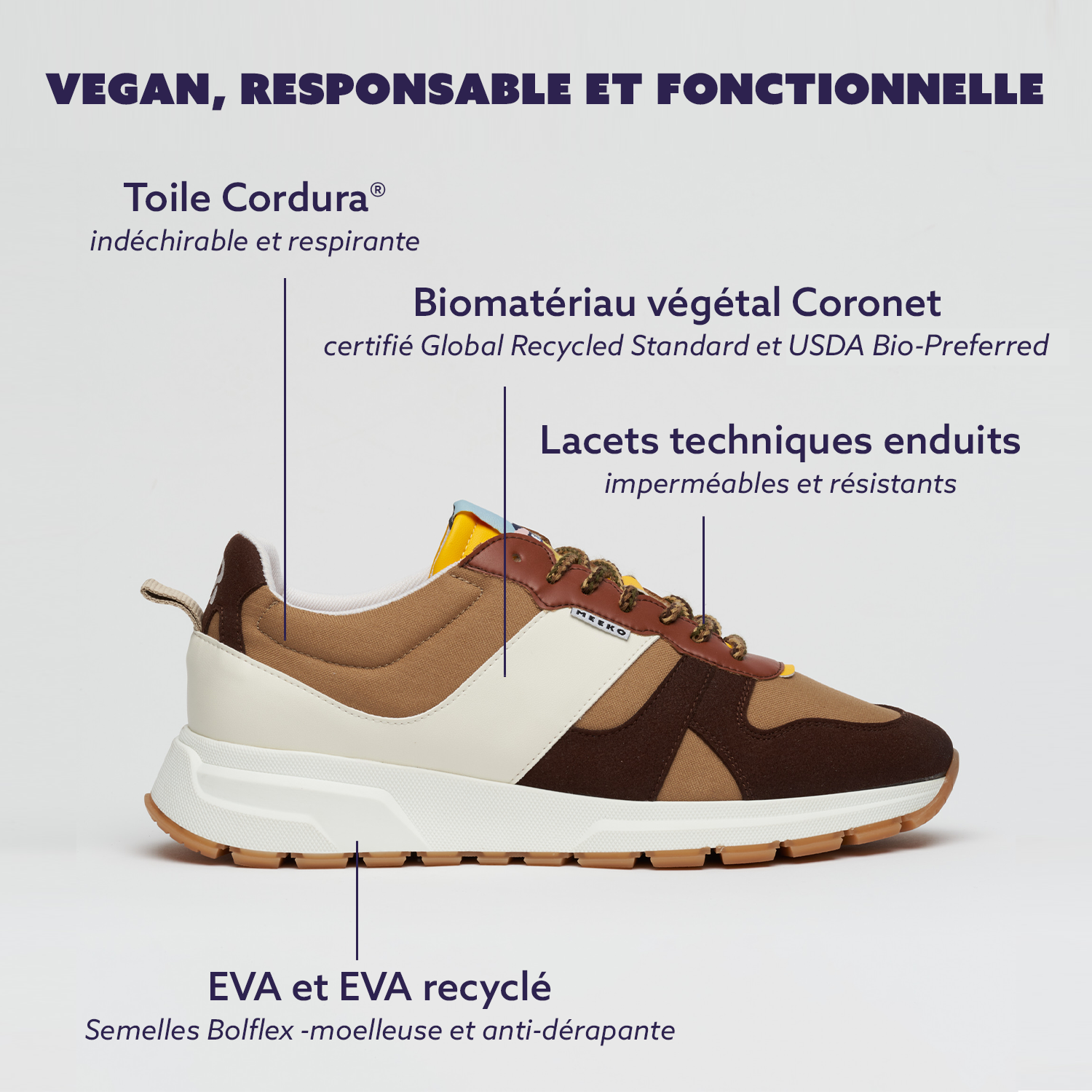End of fast fashion? Sustainable fashion should become the norm by 2030
Faced with increased environmental degradation and climate change, all sectors are currently mobilized to take eco-responsible measures. The textile industry is considered to be the most polluting factor in the world. Its environmental impact is enormous. Did you know that manufacturing a single cotton T-shirt requires more than 3,000 liters of water and releases 6.5 kg of CO2 into the atmosphere. To limit this damage, it is essential to put an end to fast fashion and adopt a more environmentally friendly approach. More and more people these days are getting into recycling, reuse and zero waste. Sustainable fashion is more popular than ever and is expected to become the norm by 2030.
Sustainable and eco-responsible fashion, a fashion of tomorrow?
Faced with numerous ecological issues, more and more consumers are nowadays rushing towards “Green”, “Eco-friendly”, “Low impact” trends… We must be more responsible. The European fashion industry is taking action in another dimension by implementing a new environmentally friendly strategy in the textile sector. The EU's goal is to make Europe the first continent in the world to become climate neutral.
In order to achieve this, the European Commission has elected a series of proposals under the European Green Deal . She wants only sustainable products to be on sale on European markets by 2030. It is time for clothing brands to reinvent themselves and rework the sources of their raw materials, their greenhouse gas emissions, use of chemicals, their textile waste, the destruction of unsold fabrics… but above all, their working conditions. Consumers are counting on more eco-responsible practices.
Sustainable products must become the norm in stores in EU member states by 2030. New rules encourage fashion brands to use more environmentally friendly material goods and develop the circular economy throughout their life cycle.
The importance of sustainable fashion
Some ready-to-wear brands operate ephemerally. As textiles are essential in everyday life, fast fashion or disposable fashion consists of producing collections of clothing or household linens, which are quickly renewed and sold at affordable prices to attract customers. This concept leads to significant waste and has a huge impact on the environment.
The environmental and climatic footprints of the textile sector remain significant. Not to mention the phenomena of human rights violations, which are very frequent in this area. The collapse of Rana Plaza in Bangladesh , which caused the disappearance of 1,200 people, symbolizes the lack of interest that managers have in the safety of employees. Ethical, fair and responsible fashion is an interesting alternative to fast fashion.
The ecological impact of the textile industry
The textile and clothing industry is most often slandered because it is very polluting. It consumes several tonnes of raw materials each year. A European throws away on average 11 kg of fabric per year . There are a variety of reasons why consumers may abandon their clothing in landfills, primarily due to lack of durability. However, only 1% of rejected fabrics are recycled.
Despite a very alarming impact on the environment, the fast fashion clothing production system is experiencing a notable increase. At the same time, the growing demand for textiles also affects natural resources, climate and energy consumption. It also encourages the use of non-renewable resources, such as the manufacture of synthetic textiles from fossil fuels.
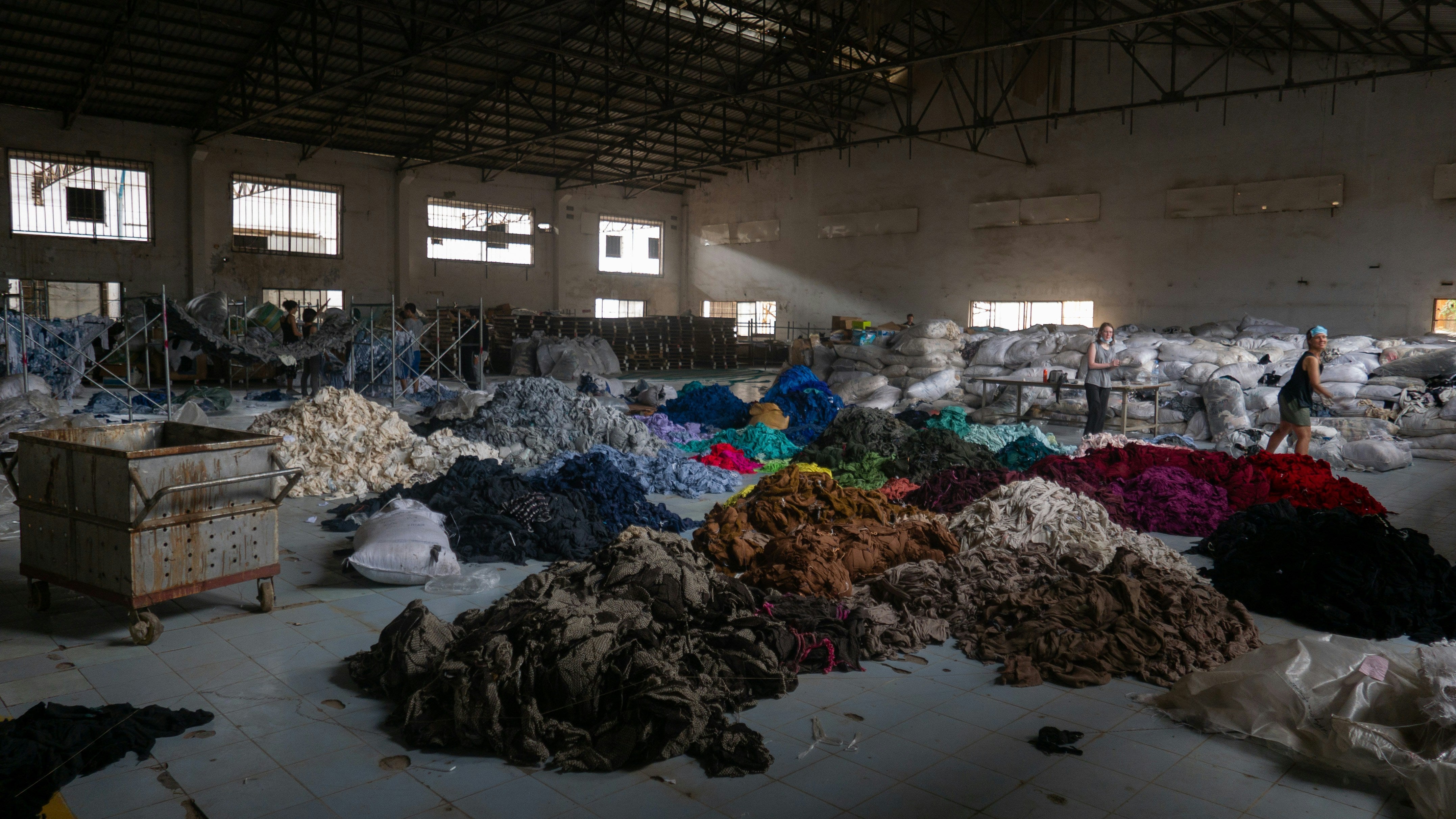
The social consequences of the fashion sector
Beyond the environmental impact, the textile chain is sometimes criticized because of the presence of numerous employees who work in difficult, dangerous, even inhumane conditions. This situation results from pressure to limit production costs and make their products affordable, without affecting the profits of the fashion industries. Child labor is also very common in certain sectors, namely cotton plantations, tanneries, etc. Women who occupy the majority of the workforce are poorly paid.
What type of action relating to sustainable fashion should we take?
To implement sustainable fashion , good eco-design is essential. Note that the ecological impacts of manufacturing a textile product are greater during the design phase. This notion of eco-responsibility consists of taking into account quality, the reuse of recycled fibers, maintenance and repair. It gives priority to the recycling of fibers, favoring those that come from the same sector and avoiding textile mixtures.
Several measures are taken to prevent the use of harmful substances and the spread of microplastics in the environment. No companies will anymore be allowed to use “non-binding sustainability labels”. It should also not make vague environmental claims, including the terms “eco-friendly” or “eco”. Clear, crisp and transparent communication about raw materials and manufacturing processes is required.

What eco-friendly steps can you take for more sustainable fashion?
The Commission calls on all fashion brands and textile industries to immediately adapt to future new standards: repair, take back and recycle. All companies operating in this field are primarily responsible for protecting the environment and human rights. They must first commit to adopting fair wages for men and women. The use of recycled materials, preferably organic, has the least impact on ecology. Brands committed to fair trade will always stand out from others and we must support them.
The transition to sustainable consumption patterns can also come from younger generations, who are increasingly concerned about their environment. They currently tend to choose products from ethical and sustainable brands . Reducing production and consuming less also makes it possible to implement more sustainable fashion. This involves choosing quality pieces in your wardrobe. Buying second-hand clothes, second-hand clothes or on sale is also part of the processes promoting eco-responsible fashion. Jackets, pants, shirts, sweatshirts, T-shirts, jerseys, tank tops, skirts... there is something for all needs.
This concept is currently supported by young manufacturing brands. Many major international brands are also developing collections using recycled materials. By adopting this honest and sustainable fashion, you can stay trendy, responsible while providing support to low-wage producers around the world. This is the “fair trade” system.
